 This 2018 Bugatti Chiron just became the most expensive car listed on eBay
This 2018 Bugatti Chiron just became the most expensive car listed on eBay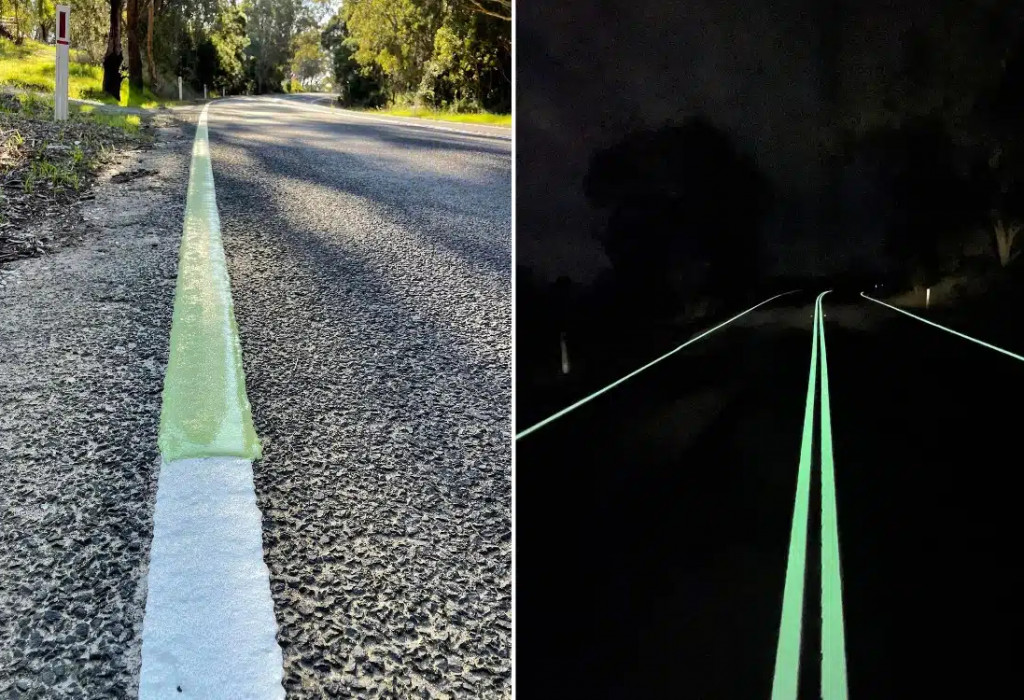 Australia is trialing glow in the dark lines on the roads to improve safety at night
Australia is trialing glow in the dark lines on the roads to improve safety at night The Japanese make probably the most insane idea vehicles
The Japanese make probably the most insane idea vehicles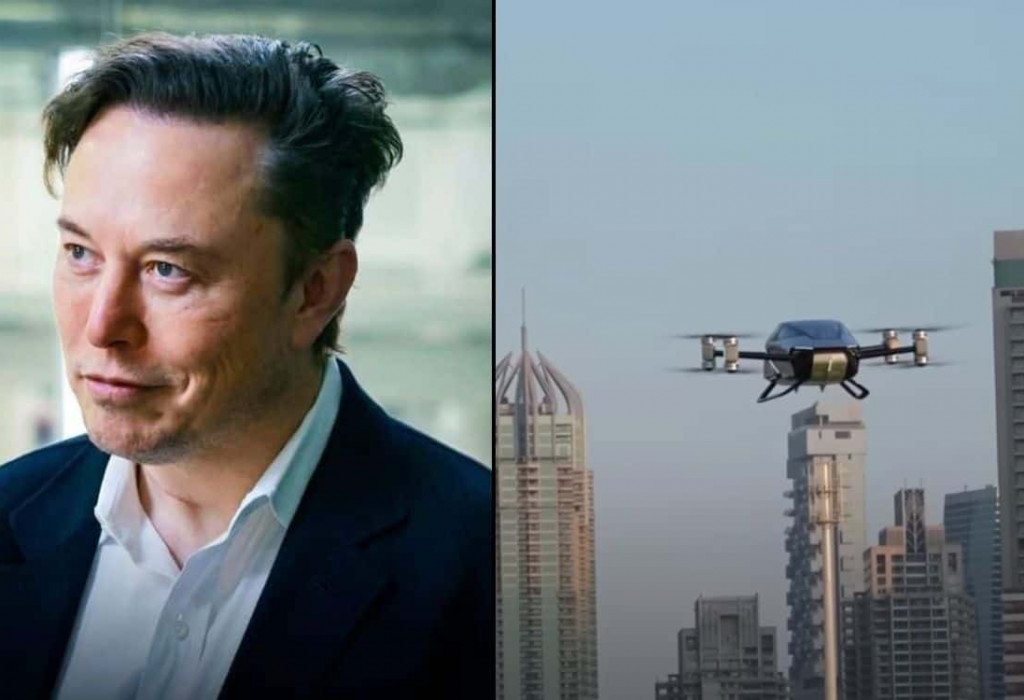 Elon Musk thinks cars with the capability to fly are an idiotic thought
Elon Musk thinks cars with the capability to fly are an idiotic thought Mercedes E-Class gets a new look with more technology and AI.
Mercedes E-Class gets a new look with more technology and AI.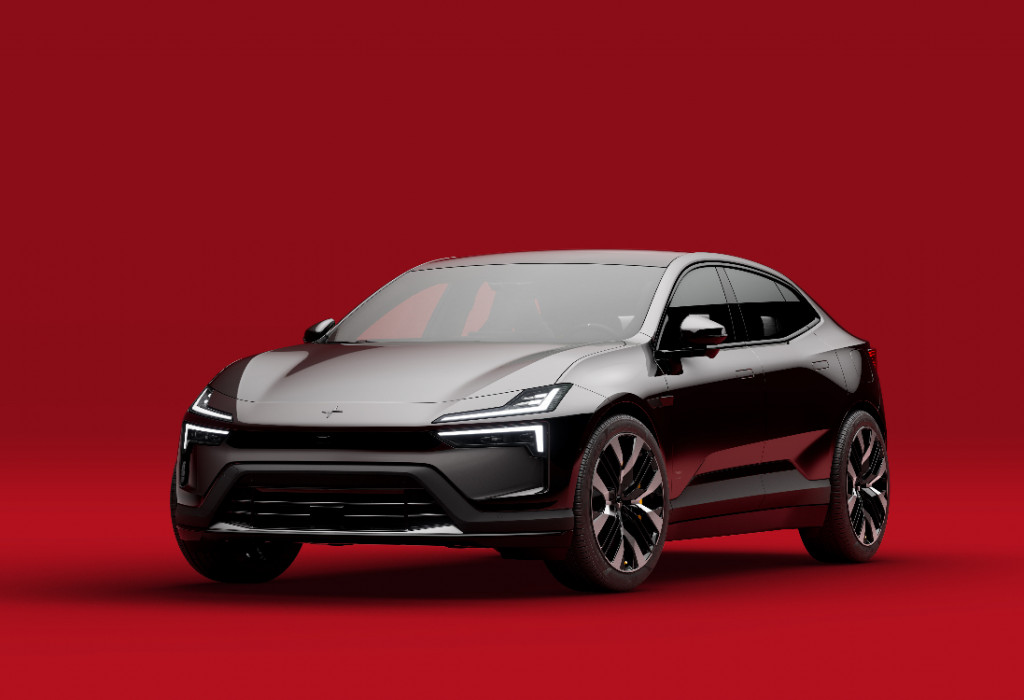 The Polestar 4 SUV-coupé was shown off, with no rear window and 544 horsepower.
The Polestar 4 SUV-coupé was shown off, with no rear window and 544 horsepower. Mercedes-Maybach elevates EV luxury to an insane new level.
Mercedes-Maybach elevates EV luxury to an insane new level.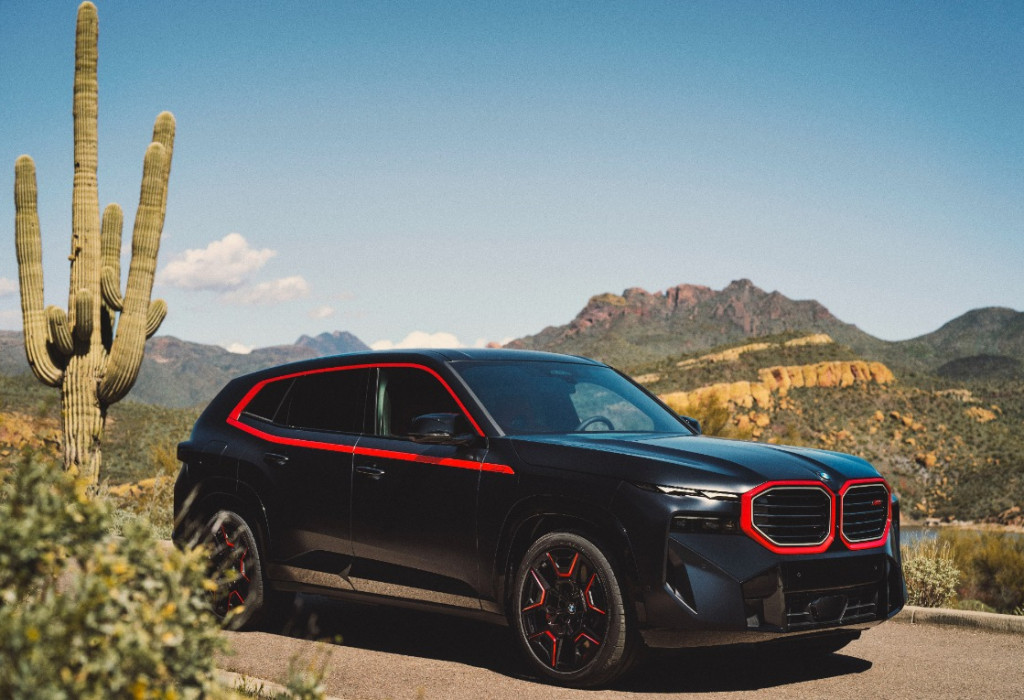 The most powerful M-Car ever produced is the BMW XM Label Red.
The most powerful M-Car ever produced is the BMW XM Label Red.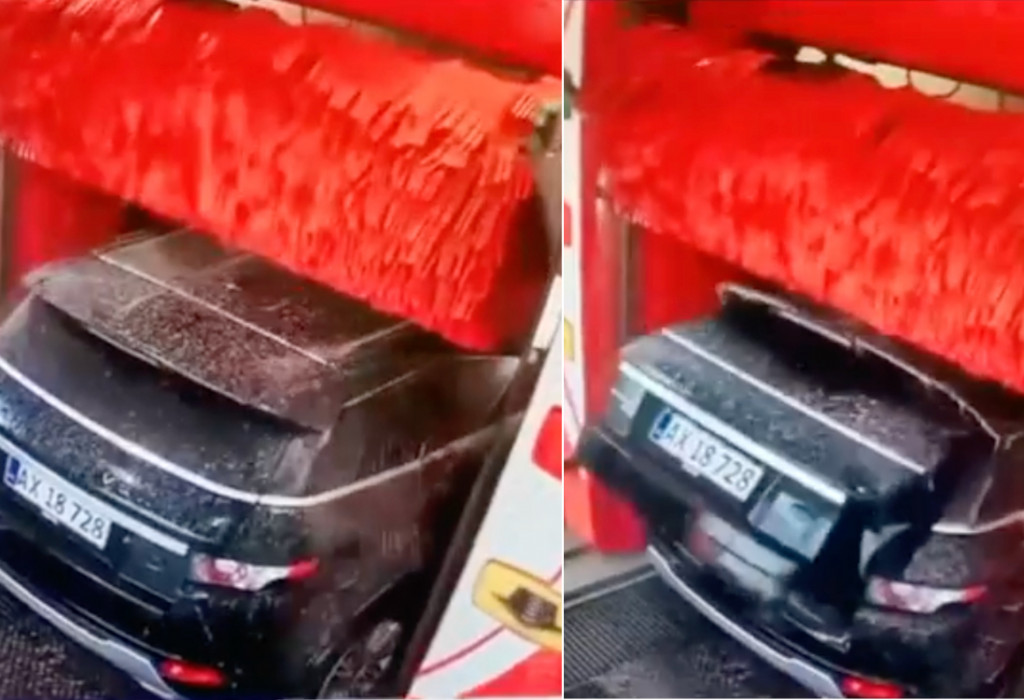 As a Range Rover passes through a car wash, watch as it is destroyed.
As a Range Rover passes through a car wash, watch as it is destroyed.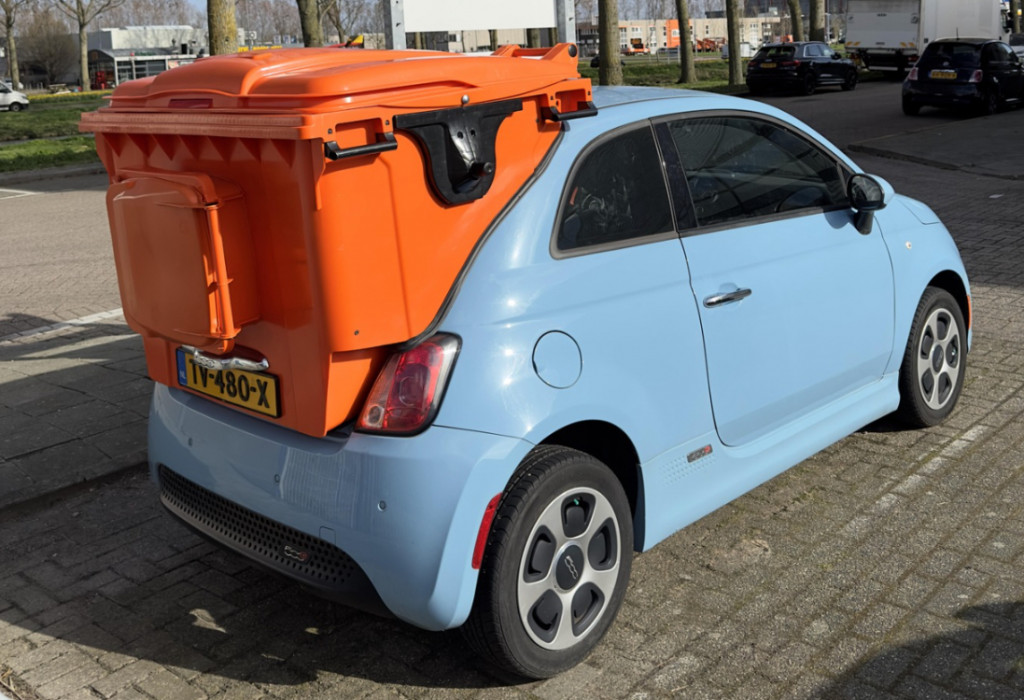 The smallest garbage truck in the world was made by the Fiat 500e.
The smallest garbage truck in the world was made by the Fiat 500e.According to Santosh Iyer, managing director and chief executive officer of Mercedes-Benz India, the company will introduce ten car models in 2023, with the majority of them falling into the premium segment.
With 15,822 units sold, the German automaker reached its highest sales level in India in 2022, growing by 41% over 2021.
Iyer tells Business Standard, "When one goes a bit deeper into 2022 volumes, the fastest growth has come from top-end vehicles, which are priced more than Rs 1 crore/Rs 10 million," that have shown growth of 69%.
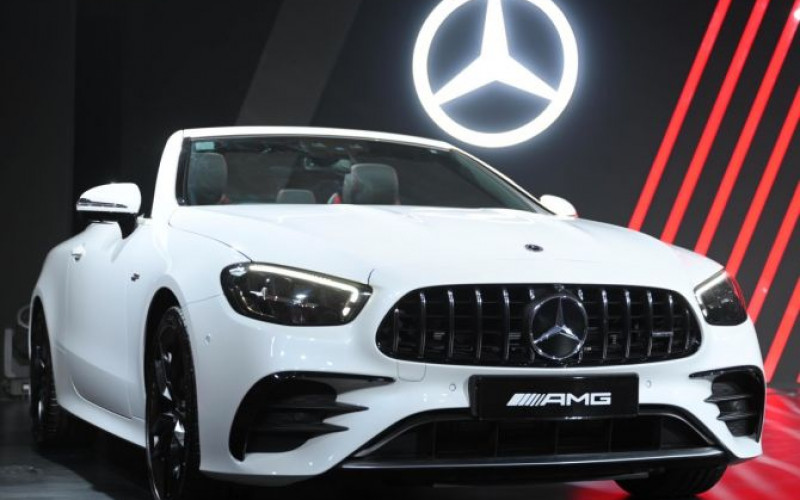
The first high-end vehicle of the year was unveiled last week by the company: Convertible AMG E53 Cabriolet 4MATIC+, which can reach 100 km/h in 4.5 seconds and costs Rs 1.30 crore/Rs 13 million (ex-showroom).
According to Iyer, these high-end automobiles account for 22% of the company's sales.
In 2018, prior to the Covid pandemic, such automobiles made up 12% of Mercedes-Benz India's sales.
Iyer says, "So, that's again a very good mix, which shows that a real luxury customer prefers Mercedes-Benz over the assets of any other brands."
"In 2023, we will introduce ten new products. He adds, "The majority of them will be in the premium vehicle market."
Iyer did not specify the number of electric vehicles among these ten products. In the next two to three years, he stated, the company intends to generate approximately 33% of its total unit sales from these high-end automobiles.
According to Iyer, Mercedes-Benz has experienced its highest ever sales in India over the course of its 28-year presence there.
Iyer stated that the automaker had a large order book of approximately 6,000 units, resulting in a waiting period of up to nine months, despite the supply shortage challenges it faced.
He pointed out that the company anticipates double-digit growth in 2023 given the size of the order book.
In 2022, according to Iyer, the business received approximately 2,000 online orders for cars.
The company sold approximately 1,000 automobiles annually through its online store prior to COVID-19.
According to Iyer, Mercedes-Benz will improve the online customer experience. Customers have been able to see cars that will be made in the next three months up until this point.
"They (customers) will be able to see cars that are going to be produced over the next year and block (book) them because we have a long waiting period. Therefore, "Iyer explains, they can already check its availability in that month and block it if there is a wedding or birthday in October."
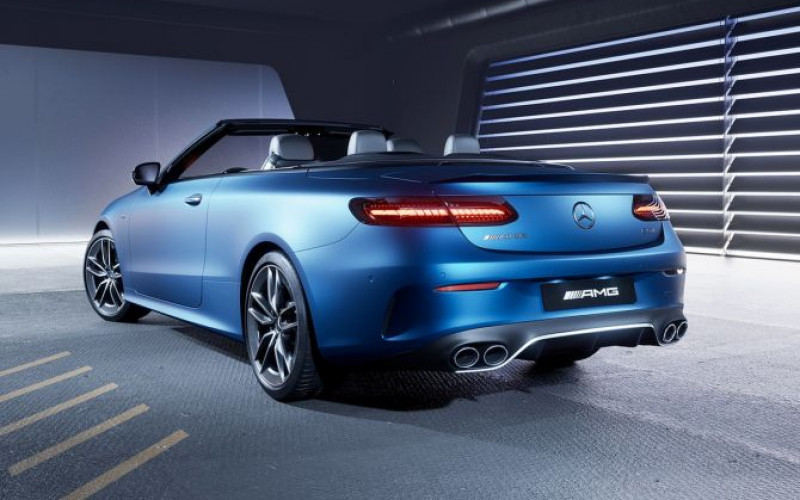
The company is also working to grow its used car business through its online store.
Every year, 3,000-4,000 used cars are sold by Mercedes-Benz India. "The used car business grew by 20% last year," states Iyer.
As a result, we are attempting to simplify the journey. Therefore, a customer can immediately obtain an indicative price for his current used car by logging in and providing details online. After that, they can pick a franchise partner and choose whether or not to trade in with the partner," Iyer continues.
For this purpose, Mercedes-Benz India is also releasing an evaluation app powered by AI.
According to Iyer, the company anticipates double-digit growth in its business going forward because there are more than 170,000 Mercedes-Benz vehicles parked in India.
About two years ago, the company launched its first electric vehicle, the EQC, in India. However, the pandemic broke out.
"As a result, we had COVID-19 when there were electric cars. After that, we sold the cars, but there was a long wait, and we were unable to supply the electric car," he explains.
Between October and December of last year, the other two electric cars, the EQS and EQB, went on sale. There is a three-to-four-month waiting period for both cars. According to Iyer, "our projection is that EV sales would be approximately 25% of our total sales in three years."
With approximately 44% of the luxury car market in India, Mercedes-Benz is the market leader. In India, the luxury car market saw the sale of approximately 38,000 units.
According to Iyer, the business places an emphasis on sustainability, and by the end of the year, 30% of its dealers and franchise partners will only use green energy.
By the end of 2025, all partners and dealers will be using green energy.





